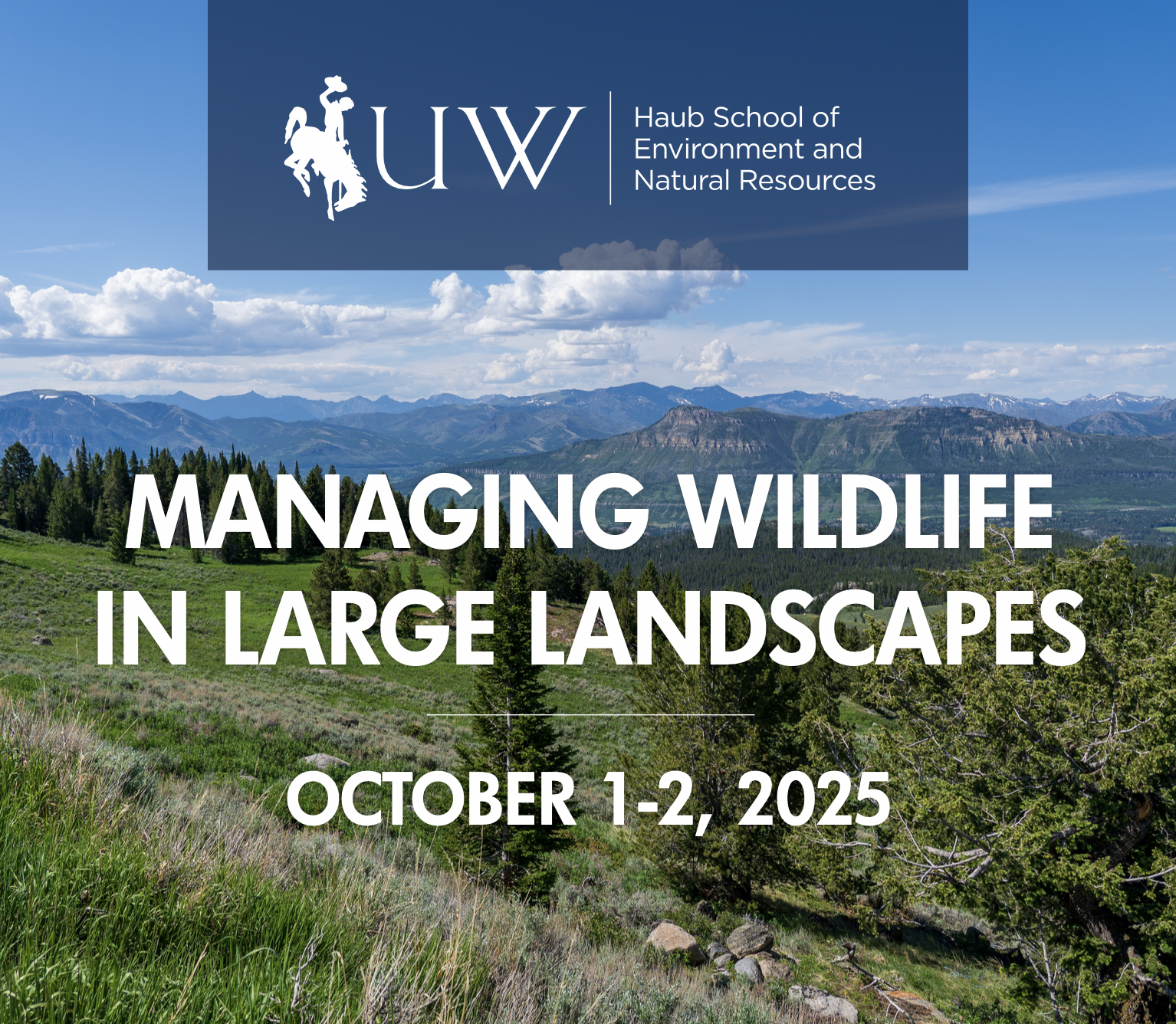Themes
CHANGE
How do we conserve and protect large landscapes in the context of change—from climate change, land conversion, invasive species, and biodiversity loss, to shifting social values, political and legal frameworks, and economic development?
INDIGENOUS AND LOCAL COMMUNITIES
How can recognizing and upholding the culture, knowledge, and rights of Indigenous peoples and local communities globally improve collaborative wildlife conservation and management in large landscapes?
HUMAN-WILDLIFE CONFLICT
What innovative and successful approaches, policies, and strategies—as well as lessons from past failures—can help communities manage human-wildlife conflict?
BOUNDARIES
How do we best collaborate across disciplines and with diverse stakeholders in large landscapes that traverse political and jurisdictional boundaries?
ABOUT THE CONFERENCE
Background
In September 2023, the University of Wyoming Haub School of Environment and Natural Resources hosted a Greater Yellowstone Ecosystem International Wildlife Policy Workshop.
Thirty-one interdisciplinary experts participated, including academics from the Europe, Asia, Africa, and the US as well as partners from Grand Teton and Yellowstone National Parks, the Wind River Reservation, Wyoming Game and Fish, and the National Wildlife Federation. This group developed the theme and agenda for the 2025 conference.
A global dialogue
The conference will bring scholars, practitioners, and experts from around the world to the Greater Yellowstone Ecosystem to focus on opportunities for reciprocal learning around common challenges faced by the world’s most iconic ecosystems.
Sessions will explore how to manage wildlife in large landscapes:
- in the context of biophysical and socioeconomic change,
- in collaboration with Indigenous and local communities,
- to address human-wildlife conflict, and
- across jurisdictional boundaries.
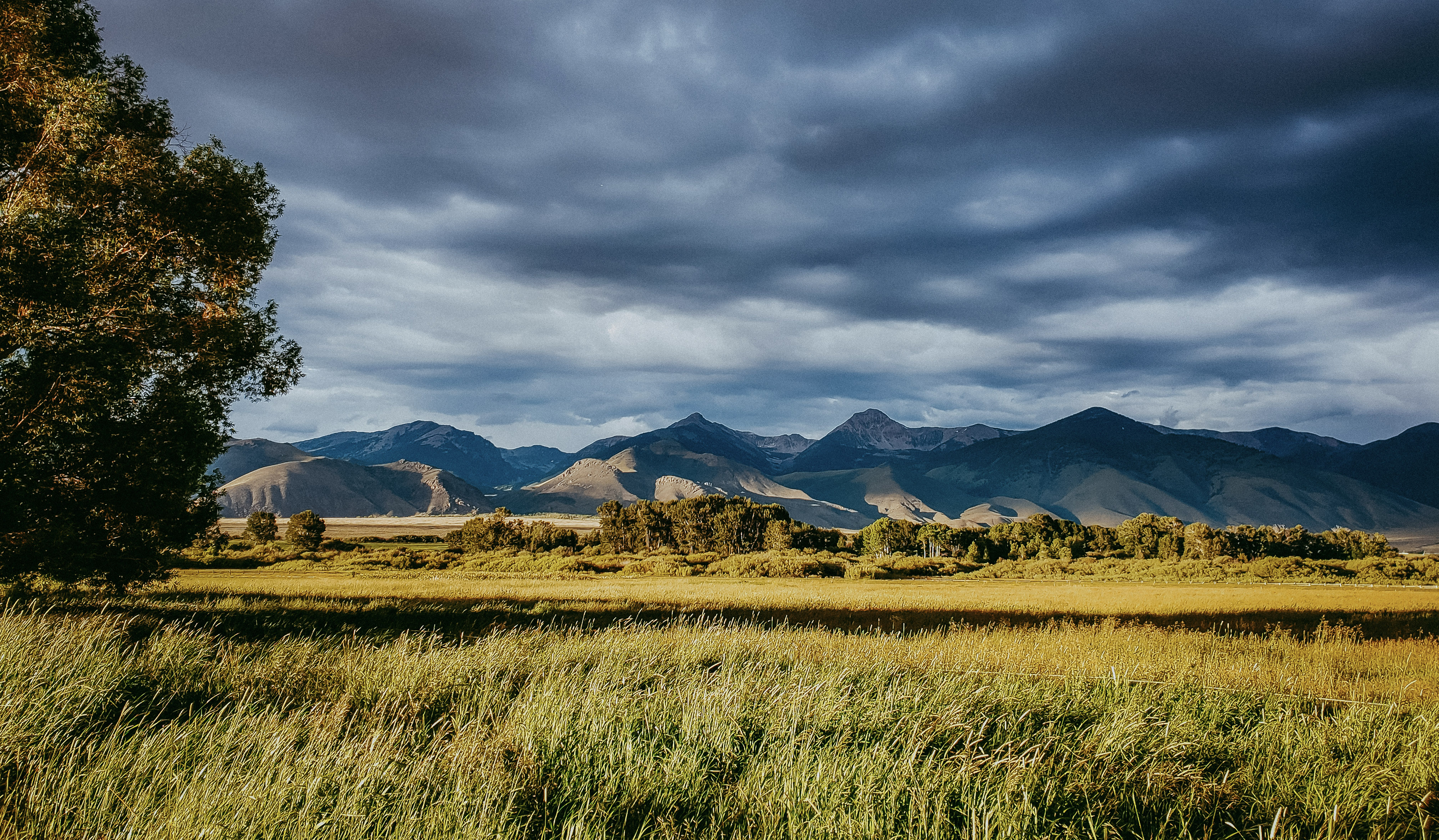
Thank you to the experts who engaged in this planning process:
- Drew Bennett, University of Wyoming (UWyo) Haub School
- Francesco Bisi, Insubria University, Italy
- Jennifer Carpenter, Yellowstone National Park
- Yvette Converse, Grand Teton National Park
- Alayne Cotterill, Lion Landscapes
- Amy Dickman, Oxford University, WildCru, Lion Landscapes
- Brent Ewers, UWyo College of Agriculture, Life Sciences and Natural Resources
- Benoit Goossens, Cardiff University, Danau Giran Field Center, Sabah Malaysia
- Jacob Hochard, UWyo Haub School
- Madeline Kass, Seattle University School of Law
- Bob Keiter, S.J. Quinney School of Law, University of Utah
- John Koprowski, UWyo Haub School
- Bryan Leonard, Arizona State University/UWyo Haub School
- Adrian Lopes, American University of Sarjah
- Wes Martel, Greater Yellowstone Coalition
- Maria Vittoria Mazzamuto, UWyo Haub School
- Evelyn Merril, University of Alberta
- Arthur Middleton, UC Berkeley
- Kevin Monteith, UWyo Haub School
- Brian Nesvik, Wyoming Game and Fish Department
- John Organ, USGS
- Jennifer Raynor, University of Wisconsin-Madison
- Camilla Sandstrom, Umea University, Sweden
- Catherine Semcer, Oxford University
- Steve Smutko, UWyo Haub School
- Temple Stoellinger, UWyo Haub School
- Tara Teel, Colorado State University
- David Willms, National Wildlife Federation
- Jeff Dolphin, UWyo Graduate Student
- Kate Gamble, UWyo JD/MA Student
THANK YOU TO OUR SPONSORS


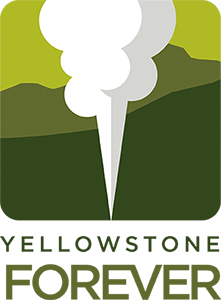
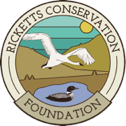
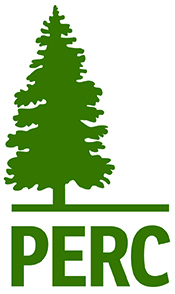



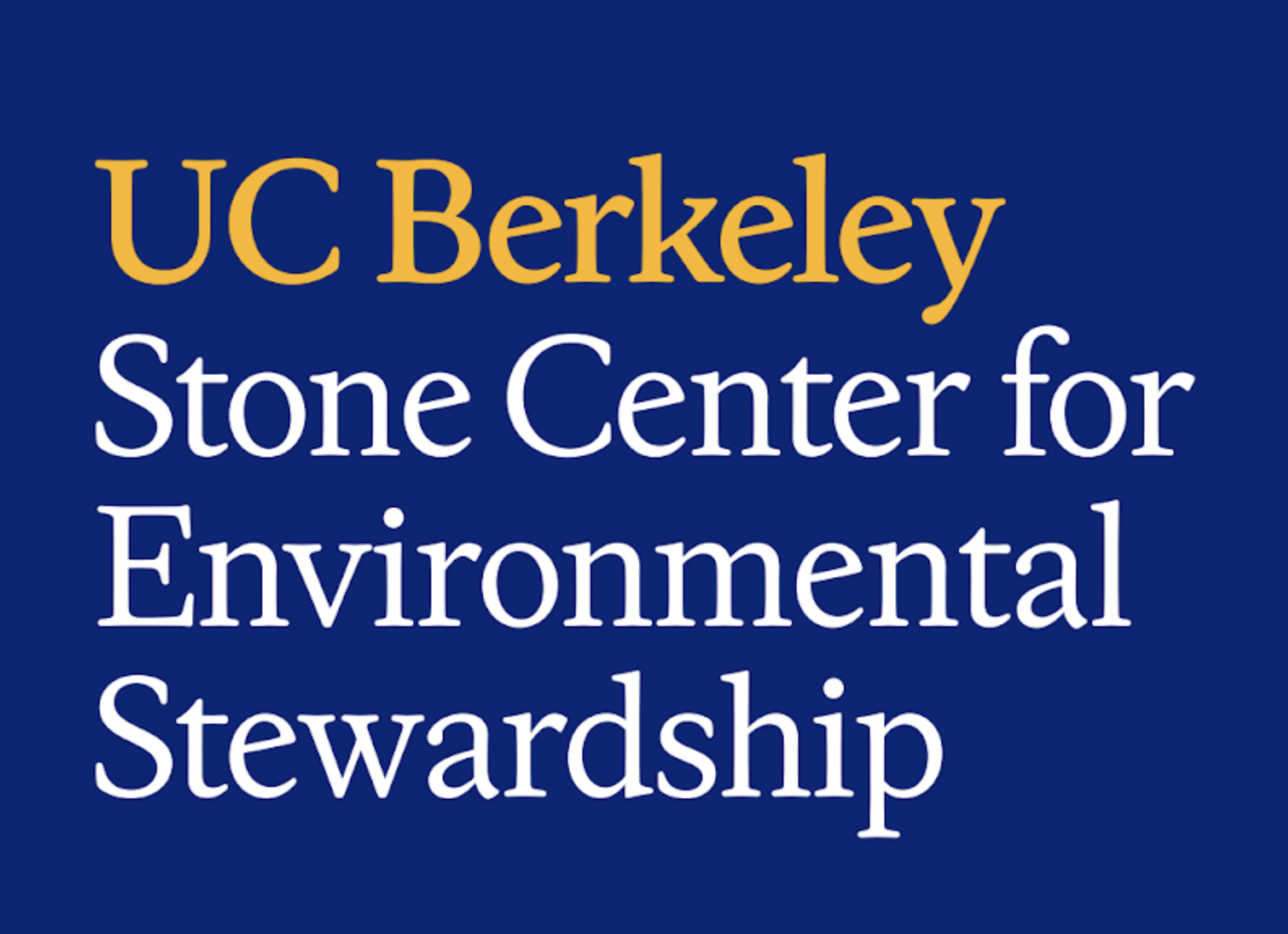

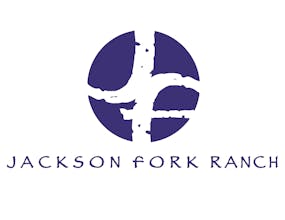
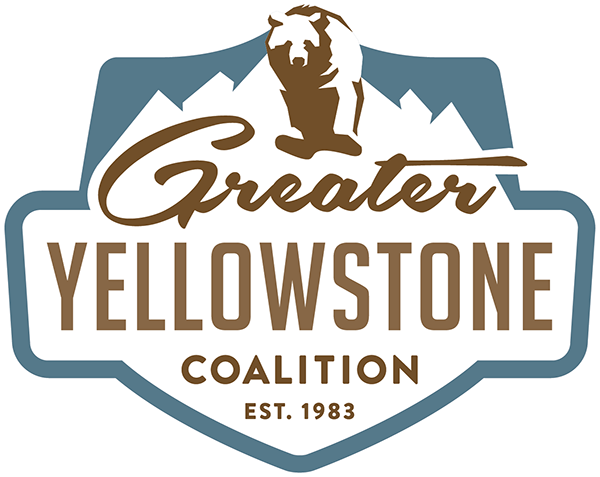
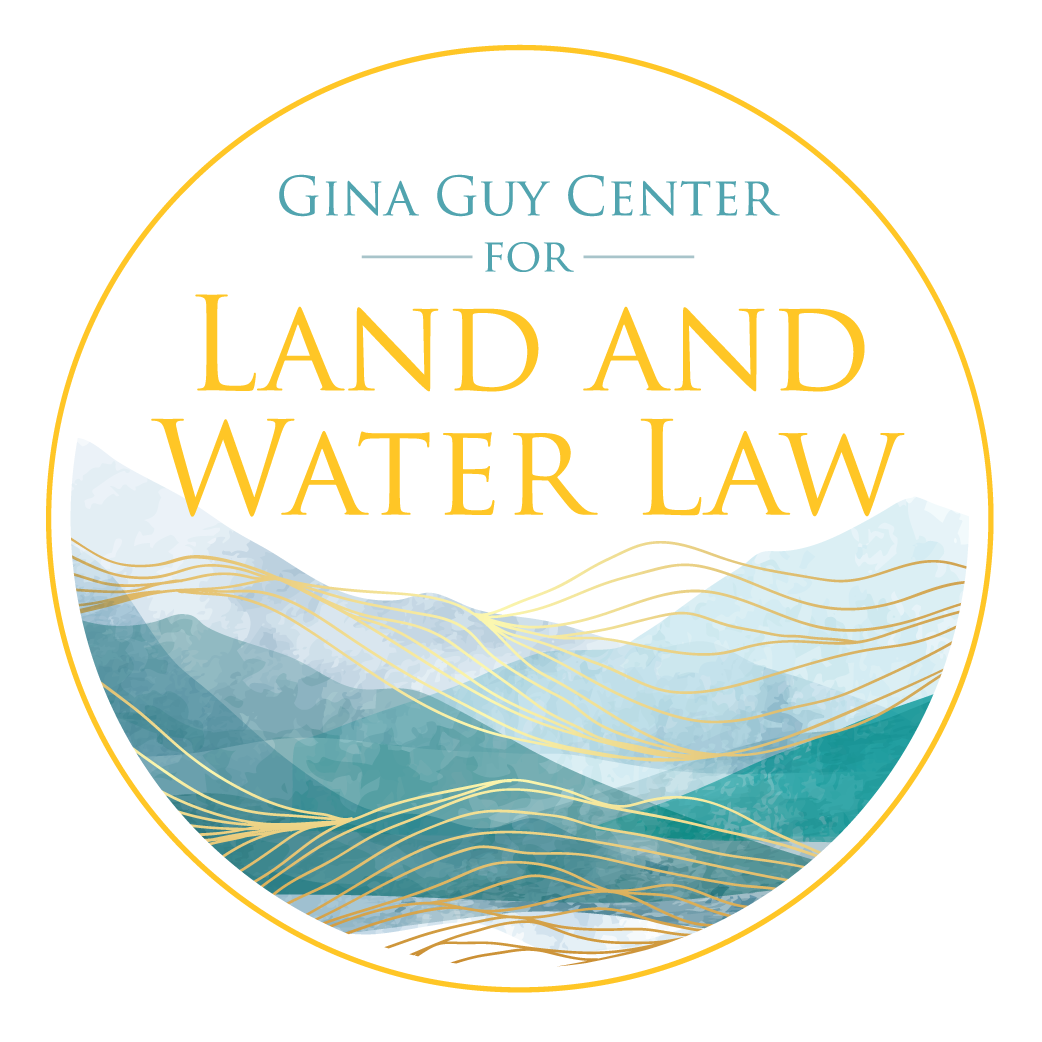
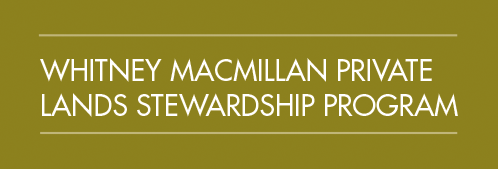

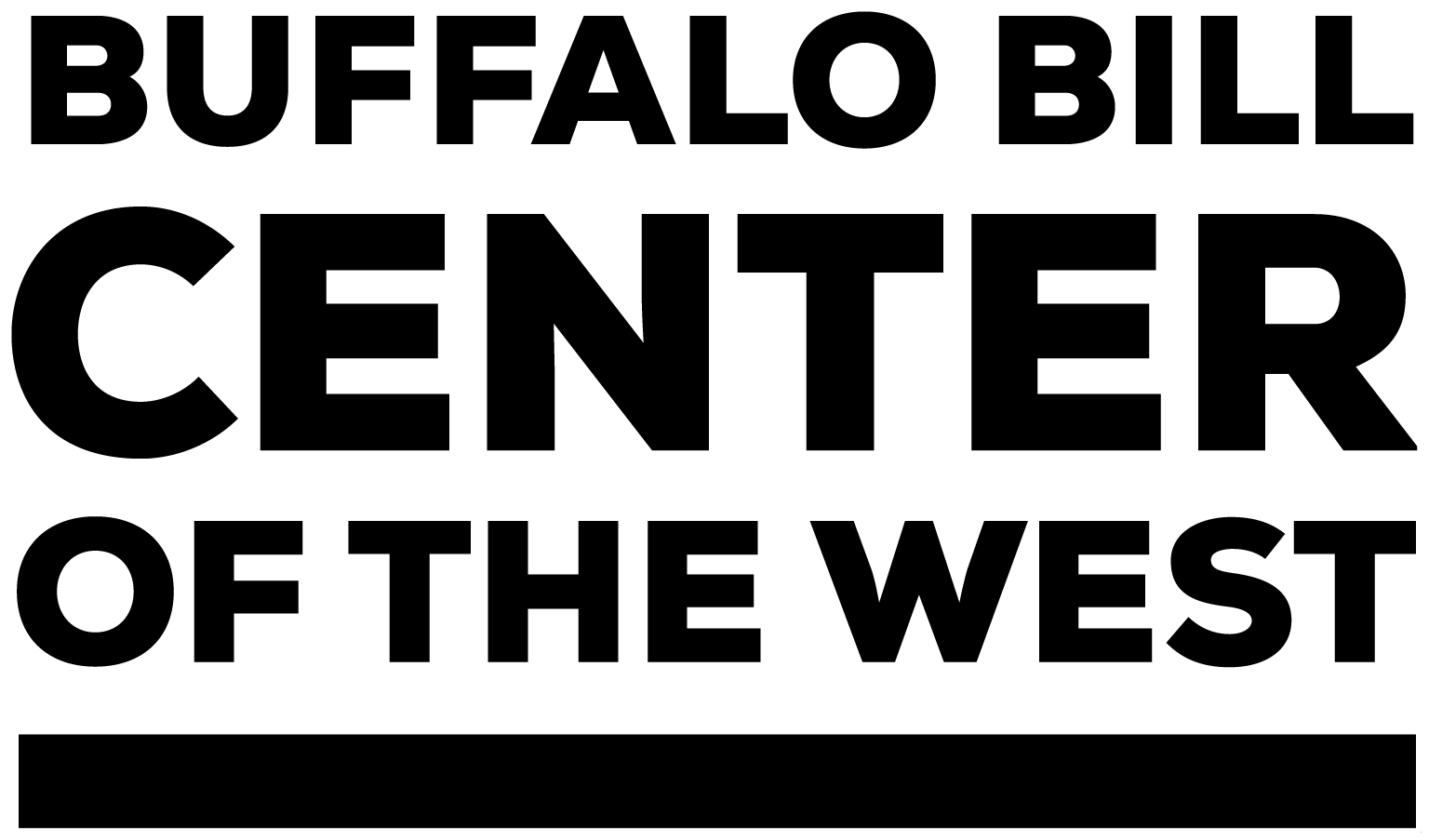
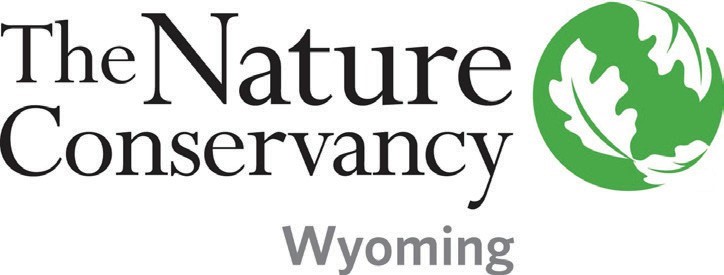
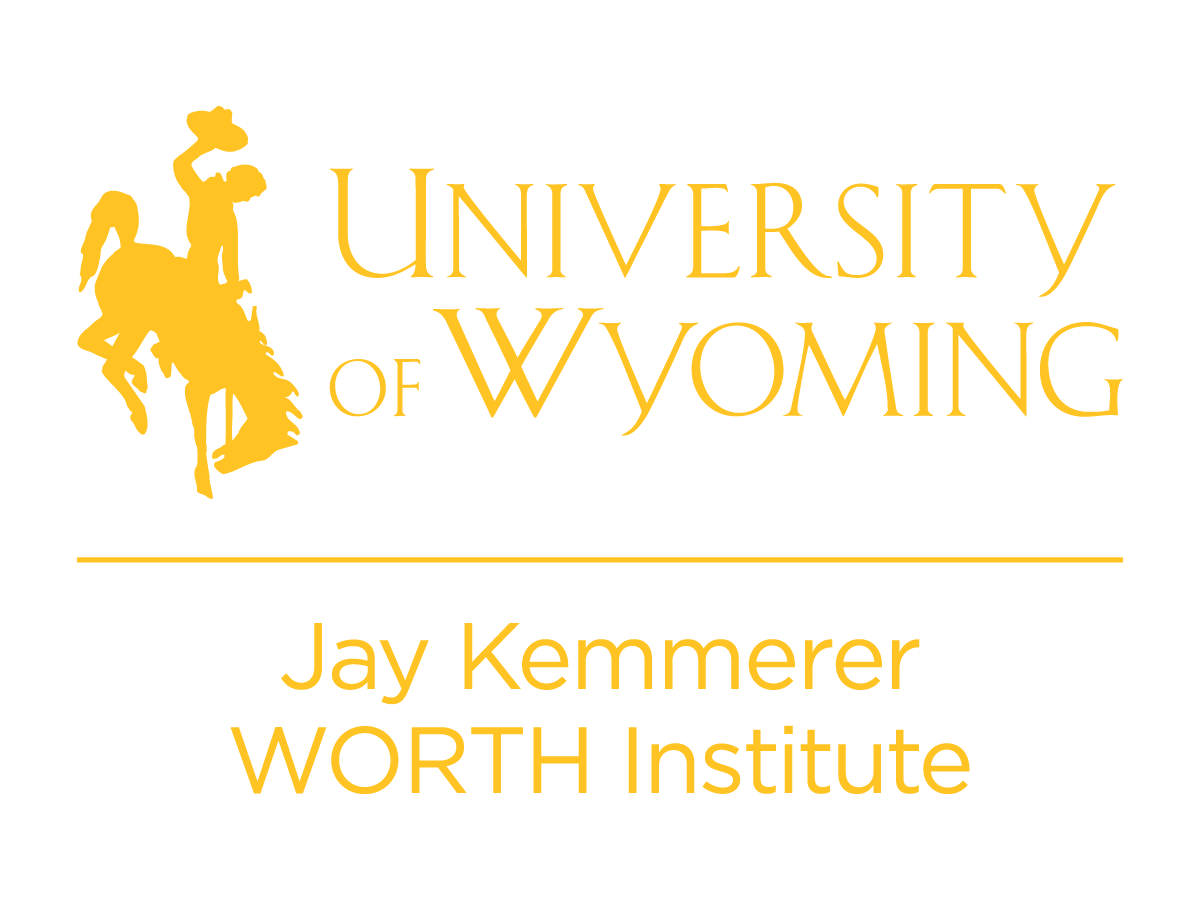
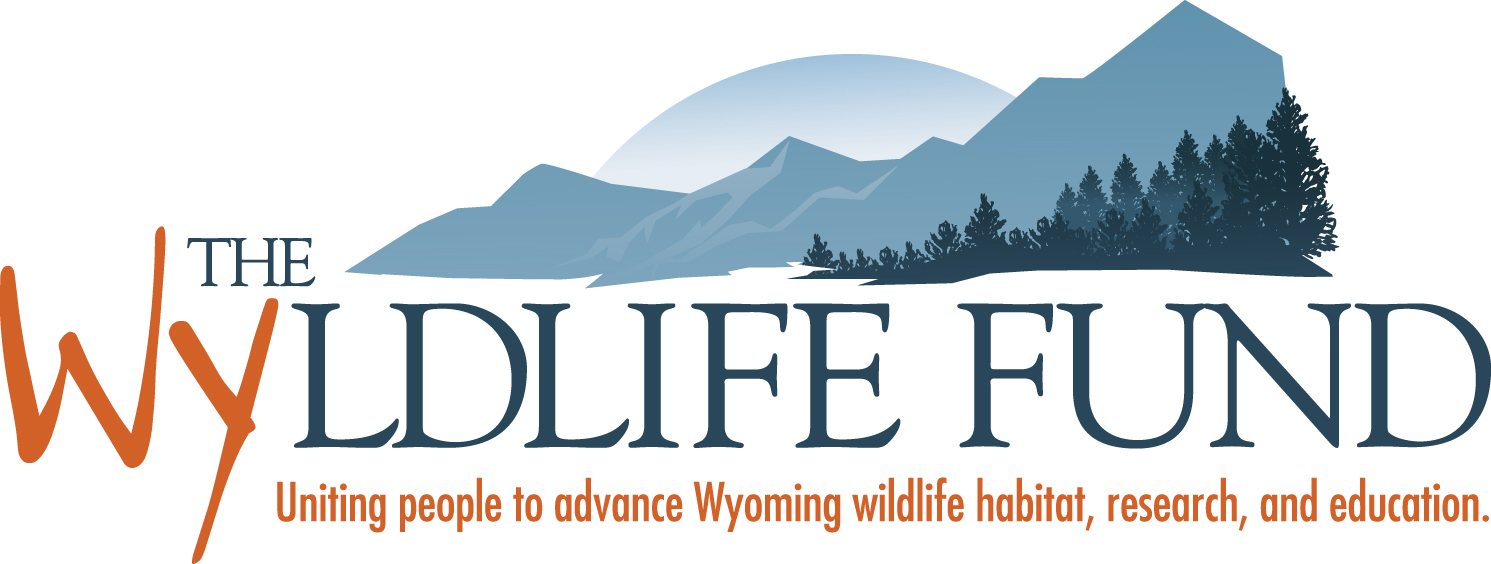
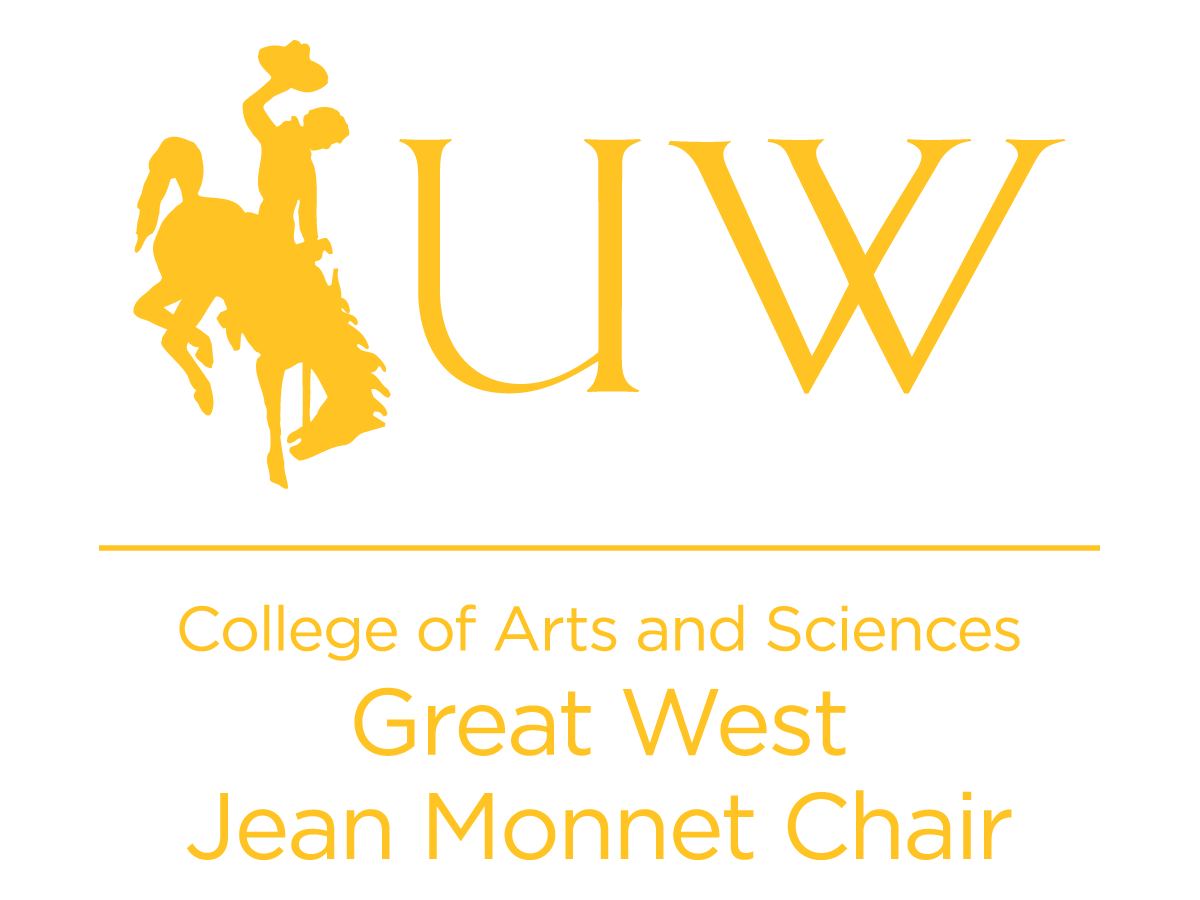

Become a Sponsor
We seek additional support from foundations and donors who are interested in fostering exploration of innovative approaches to large landscape wildlife management globally, including in the Greater Yellowstone Ecosystem. All sponsors will be recognized on the website and on materials and displays at the conference.
Our budget for this international conference is $100,000 including venue reservation, select presenter travel, student engagement and participation, and post-conference publication costs. We anticipate attendance of 150-200 participants and will collect a registration fee to help cover these expenses.
To become a sponsor please contact conference organizer Temple Stoellinger or Jacob Hochard.
FOCUS LANDSCAPES
- In the Greater Yellowstone Ecosystem of North America, Indigenous Tribes, international visitors, and local residents bring varying perspectives to wolves, grizzly bears, and other charismatic wild animals.
- In the Amazon Basin of South America, one of the most biodiverse regions of the world, Brazil’s government pursues economic development including agricultural production while Indigneous tribes and other stakeholders seek forest protection.
- In Sápmi of Scandinavia, the Sami Tribe holds autonomy over lands where they have grazed reindeer for thousands of years and now face impacts of climate change.
- On the veldt of southern Africa, local herders graze livestock for dietary and economic needs in the shadow of lions and other wild animals that attract both poachers and tourists.
- In the European Alps, a landscape heavily managed by people for thousands of years, new research is clarifying the role of predators in containing wild ungulate populations to both limit overgrazing of fragile ecosystems and allow for hunting opportunities.
- In Mongolia’s vast Gobi Desert and adjacent Gobi Gurvansaikhan National Park, extremely rare brown bears and snow leopards eke out a living in a spare landscape increasingly hemmed in by mining and railway development.
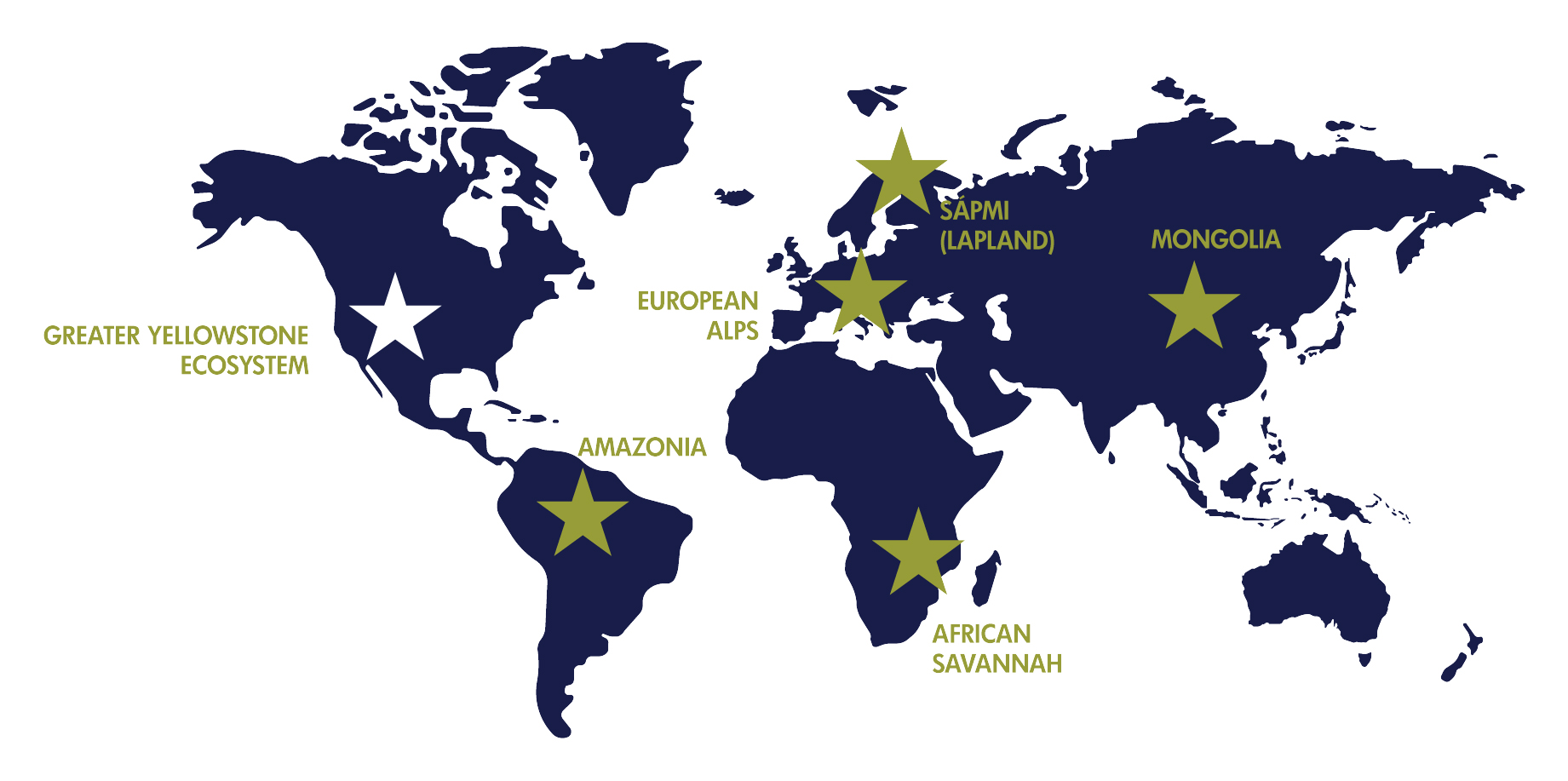
CONFERENCE AGENDA
In every corner of the world, large ecosystems fostering diverse wildlife and complex species interactions sprawl over jurisdictional boundaries. They provide ecological wonders and societal benefits, but also present considerable management challenges and potential for conflict.
Join us in October 2025 for a global dialogue on the challenges, opportunities, and solutions for conserving and managing wildlife in large, complex landscapes around the world. The conference will bring managers, researchers, and conservationists from iconic landscapes across the planet to the Greater Yellowstone Ecosystem in search of reciprocal learning both from and for this place.
Speaker biographies
JACKSON FORK RANCH STUDENT POSTER SESSION
October 1, 2025 | 4:00 – 5:30 p.m. | Snow King Resort, Jackson, WY
The Jackson Fork Ranch Student Poster Session is a featured event of the Managing Wildlife in Large Landscapes conference. It offers University of Wyoming graduate students a platform to showcase their research and projects related to wildlife, conservation, and natural resource management.
Poster Topics
We invite poster submissions that align with the conference’s core themes:
- Change: Conserving and protecting large landscapes amidst climate change, land conversion, invasive species, biodiversity loss, and shifting social, political, and economic dynamics.
- Indigenous and Local Communities: Enhancing collaborative wildlife conservation by recognizing and upholding the culture, knowledge, and rights of Indigenous peoples and local communities
- globally.
- Human–Wildlife Conflict: Exploring innovative and successful approaches, policies, and strategies to help communities manage human–wildlife conflict.
- Boundaries: Collaborating across disciplines and with diverse stakeholders in large landscapes that traverse political and jurisdictional boundaries.
Submission Guidelines
- Eligibility: Open to all University of Wyoming graduate students.
- Proposal Submission: Please email a brief description of your poster idea to Professor Temple Stoellinger at tstoelli@uwyo.edu by September 1, 2025.
- Format & Display: Posters should be printed with final dimensions no larger than 46 x 46 inches. Tacks will be provided for mounting, but we encourage students to bring a few extras.
- Awards: The top three posters will receive awards recognizing excellence in communication, originality, and relevance to the conference themes.
Student Registration & Travel Support
Conference registration is free for all University of Wyoming students. To receive the free student registration code or inquire about limited travel funding to support student attendance, please contact Professor Temple Stoellinger at tstoelli@uwyo.edu.
CONFERENCE HOST
Managing Wildlife in Large Landscapes is hosted by the University of Wyoming Haub School of Environment and Natural Resources, advancing the understanding and resolution of complex environment and natural resource challenges through collaborative, interdisciplinary education, research, and stakeholder engagement.
Lead Organizers
Temple Stoellinger
Associate Professor and Wyoming Excellence Chair, University of Wyoming; Associate
Dean, Haub School of Environment and Natural Resources; Co-Director, Gina Guy Center
for Land and Water Law, College of Law
307-766-6450 | tstoelli@uwyo.edu
Jacob Hochard
Knobloch Associate Professor of Conservation Economics, University of Wyoming; Haub
School of Environment and Natural Resources
307-766-5080 | JHochard@uwyo.ed
TRAVEL
Fly into Jackson Hole Airport (JAC): https://www.jacksonholeairport.com/
Stay at Snow King Resort: https://www.snowking.com/
A block of rooms has been reserved at the Snow King Resort in Jackson, Wyoming, for attendees of the Managing Wildlife in Large Landscapes conference. To access the group rate, please use the booking link below: UW Wildlife Policy Conference – Snow King Rooms
We encourage you to book early, as space is limited and Jackson accommodations fill quickly in the fall.
Watch the conference

